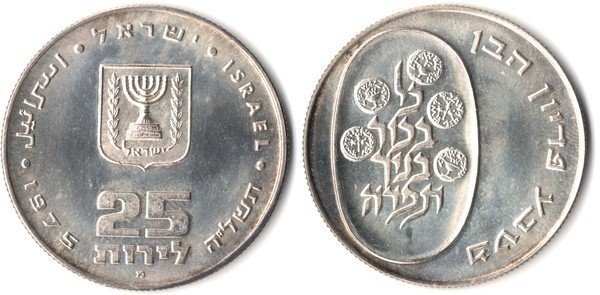The status of being first born is mentioned repeatedly in the Torah, with well-known examples including the 10th plague, the death of Egyptian firstborns just before the exodus, to the offering of first fruits to the final plague in Egypt before the exodus of the Jewish people.
In the 13th chapter of Exodus (Sh’mot), verses 13 commands: “Every firstborn of man among your sons, you shall redeem.”
Jewish law asks, as it does with all commandments, what exactly this means. Informed by other first-born references and redemption references, Jewish law establishes the cases where redemption is required, and also the method by which redemption occurs.
When is redemption of a first-born required?
- The status of being first born is based on the mother. In other words, when a man with children remarries and has a first born son, and none of the exemptions below apply, the boy is to be redeemed.
- If his mother gave birth to a girl previously, the child is exempt.
- If his mother suffered a miscarriage or other failed pregnancy, the child is exempt.
- Boys whose father is either Kohen or Levi are exempt.
- Boys whose maternal-grandfather is a Kohen or Levi are exempt.
- Children born through a cesarean procedure are exempt.
- The commandment is to the father of the boy – he is responsible for redeeming his son.
- A boy of Bar Mitzvah age or older, whose father did not redeem him, and who is obligated to be redeemed, must redeem himself.
 How is the redemption done?
How is the redemption done?
The redeemer purchases 5 silver coins that (Jewish law defines the size of the coins, and luckily the Israeli government has minted appropriate coins several times in recent years).
The father (or the person redeeming himself) reads a series of sentences in which the father agrees to pay the 5 coins to the Kohen in order to effect the redemption. (The exact words used vary among Ashkenazic and Sephardic and other Jewish groups. The Kohen usually says a few words, or asks questions, during the exchange.)
The father, or the first-born redeeming himself, pays the 5 special coins to the Kohen.
Like other happy occasions, the redemption ceremony is usually followed by a meal.
